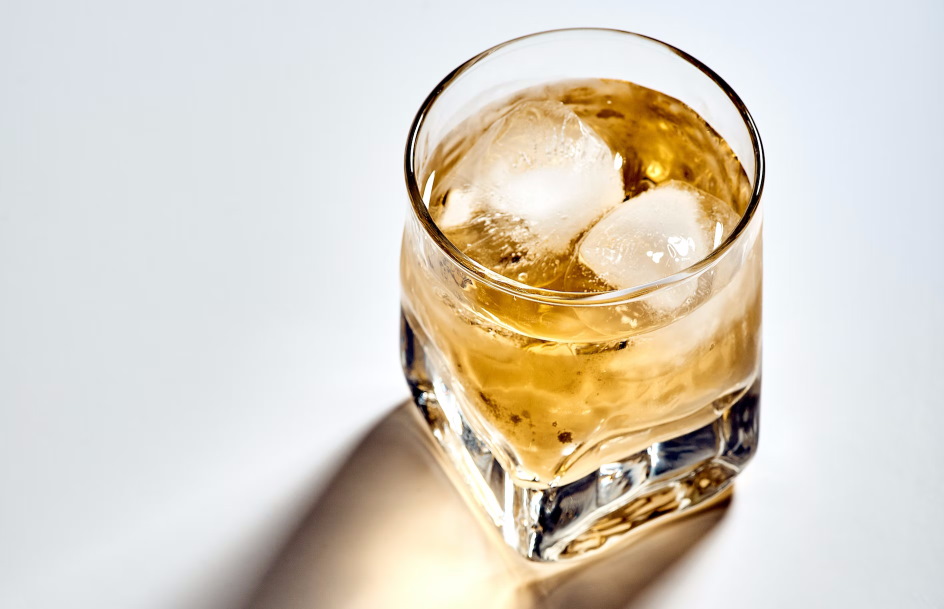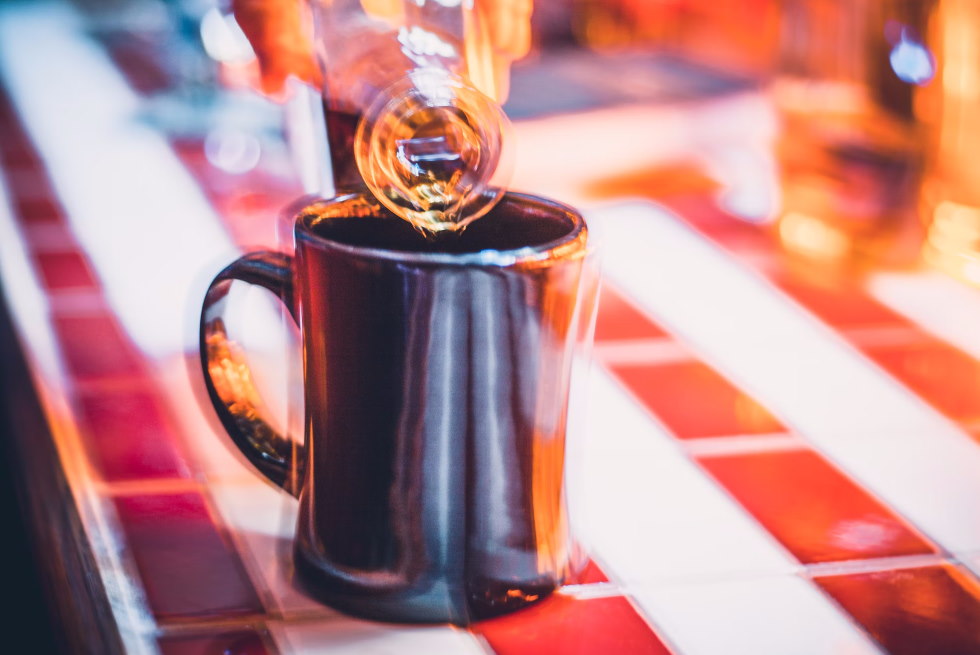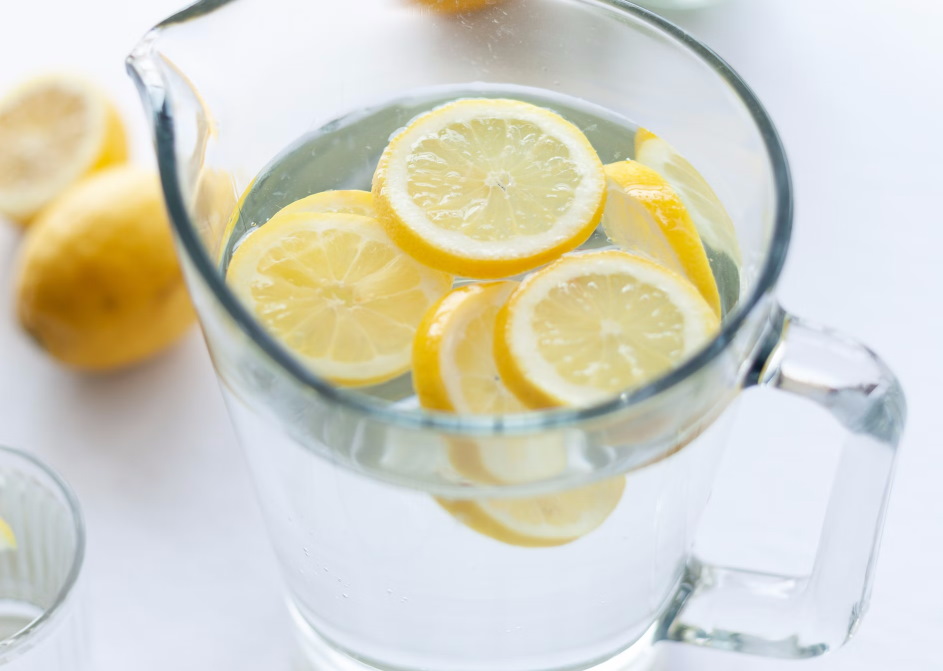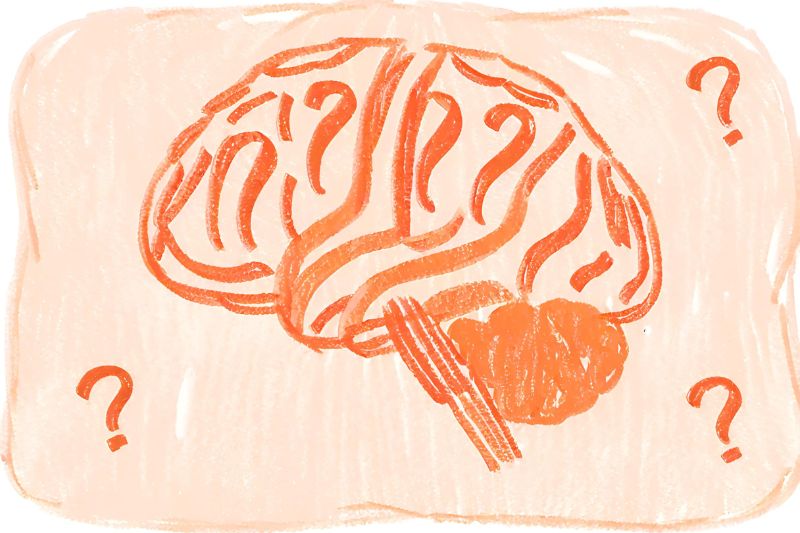How Alcohol Affects Anxiety
Join ManageMinds as we explore the complicated relationship between alcohol and anxiety, and provide tips on how to approach the substance in a healthier way.

- What is alcohol?
- What does alcohol do to the brain?
- The brain under the influence
- The relationship between alcohol and anxiety
- Tips on reducing alcohol intake
- Alcohol and anxiety
For some people, alcohol and anxiety go hand in hand. Whether that’s because they experience anxiety after drinking alcohol, or they use alcohol to reduce their anxiety symptoms, it can become a problematic combination. In fact, alcohol can worsen symptoms of both anxiety and depression.
Join Manage Minds as we explore the complicated relationship between alcohol and anxiety, and provide tips on how to approach the substance in a healthier way.
What is alcohol?
As one of the most popular recreational drugs in the world, you might think that alcohol does not require an explainer. Statistics published by the House of Commons Library revealed that, in 2019, 54% of English adults reported drinking alcohol in the last week. However, the very fact that its use is so entrenched in our cultural rituals and normalised by society can sometimes lead us to forget that alcohol is a potentially harmful substance.
According to the World Health Organisation:
Alcohol is a psychoactive substance with dependence-producing properties that has been widely used in many cultures for centuries. The harmful use of alcohol causes a high burden of disease and has significant social and economic consequences.
Alcoholic beverages are drinks that contain ethanol, an alcohol produced via the fermentation of various grains, fruits and sugars. It should be consumed with care, particularly if you are someone with a pre-existing mental health condition.
What does alcohol do to the brain?

Alcohol is what is known as a depressant. Sometimes people mistake this to mean that it makes you depressed. While depression can be a side effect of long-term alcohol consumption, this is not what the term ‘depressant’ means. It actually refers to the fact that alcohol inhibits the functioning of certain bodily processes, particularly those of the central nervous system.
The brain under the influence
Alcohol consumption impacts the brain in a number of different ways. It interferes with nerve cell communication, kills brain cells and causes issues with cognition and memory. These changes cause symptoms like slower response times, poor coordination, increased pain tolerance and a lower sense of risk. As a result, people are more vulnerable to injury when under the influence of alcohol.
None of this is sounding that great, so why do so many of us drink alcohol? Well, alcohol also floods the pleasure centre of our brain with dopamine. This feel-good chemical makes us happy, relaxed and care-free. Unfortunately, this effect is only temporary.
While light to moderate alcohol consumption can be fine as part of an otherwise healthy lifestyle, heavy or prolonged periods of drinking can cause serious harm to the body and may lead to alcohol addiction.
The relationship between alcohol and anxiety
Self-medicating
Due to its ability to make people feel more relaxed, some anxiety sufferers turn to alcohol as a way to reduce or suppress their symptoms. It can be particularly tempting for those with social anxiety to do this, as alcohol lowers inhibitions and makes people feel more confident. This may be especially common amongst extroverts with social anxiety. The problem is that using alcohol to treat anxiety is a short term fix with long term consequences.
The more we consume alcohol, the more reliant on it we become, which leads to the experience of withdrawal symptoms. For example, heavy drinking can deplete our levels of gamma aminobutyric acid (or GABA), an inhibitory neurotransmitter that has a calming effect on the brain. When a person in this situation stops drinking, not only do they lose the sensation of being relaxed, but it can actually trigger the opposite response. That is, they feel even more anxious than when they started drinking.
As a result, a vicious cycle emerges for those who self-medicate with alcohol. They drink to calm their anxiety, but the alcohol actually ends up making their anxiety symptoms more frequent and intense. Indeed, using alcohol to treat anxiety has been equated to drinking sea water to prevent dehydration.
Hangxiety
Even those who don’t use alcohol to self-medicate may find that on the occasions they do drink, their anxiety is worse the next day. Whether you call it ‘hangxiety’, ‘beer fear’, or ‘booze blues’, feeling nervous and on edge after drinking is a common experience. A 2019 three-part study by Verster et al, which involved participants from a range of countries and backgrounds, found that 12% of adults reported experiencing anxiety as a symptom of their hangovers from alcohol consumption.
There are a number of overlaps when it comes to symptoms of hangovers and those of anxiety disorders. This includes:
- A underlying sense of dread
- Shame
- Fatigue
- Weakness
- Paranoia
- Insomnia or broken sleep
- Catastrophic thinking
- Rapid heart rate
- Restlessness
- Panic attacks
If you have an anxiety disorder and are experiencing symptoms, you may want to bear this in mind before consuming alcohol.
If you are taking medication for your anxiety, you need to be extra careful when it comes to drinking alcohol. Alcohol may make side effects, like drowsiness and slowed breathing, more intense. It can also interfere with the intended effects of the medication. In extreme cases, mixing alcohol with certain anti-anxiety drugs can lead to liver damage, overdose or even death. Always check the information leaflet that comes with your medication before taking any other drugs.
Tips on reducing alcohol intake

As we’ve seen, there are a number of ways alcohol can intensify the symptoms of anxiety. Furthermore, reducing the amount you drink can lead to significant mental and physical health improvements. With this in mind, let’s consider some ways to cut down on or quit alcohol altogether.
1. Drink responsibly
Consuming alcohol responsibly doesn’t just mean sticking to the recommended units set by health authorities. It’s about being mindful while you drink. Instead of drinking passively, take note of the tastes and sensations you are experiencing. You might find that you only need 1 or 2 small drinks to gain the desired effect.
Remember, alcohol is an addictive substance, so you may be tempted to continue drinking even though you’ve not yet felt the full effect of that which you have already consumed. Take it slow and enjoy it rather than rushing ahead to keep up with others.
2. Take care of your body
When your body metabolises alcohol, it produces various by-products, including the chemical acetate, that can be harmful to our health. To offset the potentially toxic effects of these chemicals, you should look after your body in other ways.
Hydration is important at all times, but particularly when drinking. Alcohol is a diuretic, which means it causes the body to produce more urine. As a result, you can become dehydrated much more quickly than normal. Try to drink a glass of water for every alcoholic drink you consume, or alternate boozy beverages with soft drinks. To reduce the chance of having a hangover the next day, drink a pint of water before bed.
Along with non-alcoholic liquids, you need to make sure your body has been fuelled before you start drinking. Alcohol is absorbed through the stomach lining, so if there’s nothing in there you will feel the effects much quicker and it will be harder to manage your intake. Eat at least one proper meal before you consume alcohol and continue to snack while drinking to prevent the effects getting out of control.
3. Track your intake
Another great way to adopt a more mindful approach to drinking is to track your alcohol intake. This can be as simple as noting down on the calendar that you had a drink that day, or you could go the whole hog and start a drinking diary. Consider tracking the type, number and units of any alcoholic drink you consume.
Sometimes just seeing this information written down can reveal where you might need to make some changes. If you feel any shame around your drinking, or are worried about keeping this data private, you can always come up with a special code to record your drinking habits. There are also various apps you can use on your computer or smartphone that will make the entire process much easier.
Along with the implications for your overall physical and mental health, tracking drinking habits can show how much money you spend on drinking. Alcohol is not cheap, so cutting down will benefit your wallet too! Setting a monthly or weekly drink budget could help you keep things under control.
4. Identify your triggers

One of the reasons reducing alcohol intake can be tricky is that we often associate certain events or scenarios with alcohol. From sporting events and holidays, to family birthdays and brunch with friends, drinking habits can form in relation to certain behaviours. Whether it’s a particular person, place or time of day that makes you want to reach for a drink, try to identify what your personal triggers are. Keep in mind that triggers can also be internal—for example, when you feel sad or think about a particular memory.
Once you can recognise your motivations for drinking, you can start to work around them. If you always drink when meeting up with friends for brunch, for instance, try organising a different weekend activity, like a shopping trip or a hike. Similarly, if there are certain time windows in the week where you feel the desire to drink, consider starting a new hobby that fills this time slot.
5. Ask for support
When dealing with any mental health condition, you shouldn’t have to go through it alone. If you feel comfortable doing so, reach out to friends or family members about your desire to reduce your drinking. They might be able to pass on some words of encouragement, and some could even offer to be your sober buddy. Even just having a person to call when you feel like you want to drink but are worried about the effect it will have on your anxiety can be a big help.
6. Prepare for challenges
Because we live in a society where drinking alcohol is extremely normalised, some people may push back at your decision to reduce or stop drinking. Whether it’s questioning your reasons or peer pressuring you to have just one drink, some people may make you feel uncomfortable about your choice. What you need to remember is that this says more about them than it does about you. At the end of the day, what you do or do not put into your body is nobody else’s business.
To avoid the awkwardness of such interactions, you can prepare your responses in advance or devise ways to swerve such questions. Another tactic used by sober people is to order sparkling water with lime when out at bars, as others will often assume your drink contains alcohol. While it might seem silly to have to perform such actions, the option is there and it can save you having to explain yourself to others, which can sometimes be anxiety-inducing in itself.
7. Slow and steady
If you already drink quite a lot and are looking to reduce your intake, do it steadily rather than going cold turkey. Making drastic changes increases the likelihood of withdrawal symptoms, which will heighten your anxiety.
To feel the full benefits of reducing alcohol intake, you also need to be patient. Try not to give up if you fall off the wagon or don’t notice a big enough change in your anxiety levels. Brain chemicals take time to readjust to new drinking habits, so benefits like better sleep and improved mood might not be immediately apparent. Stick to your goals for a while to reap the full rewards.
Finally, if there are occasions where you end up drinking more than you meant to, cut yourself some slack. It’s really important not to use this as an excuse to give up on your self-improvement journey. Give yourself time to rest and recuperate and do not beat yourself up about it. We all struggle to stick to new habits.
Alcohol and anxiety

Alcohol and anxiety are not a healthy mix. While those with anxiety disorders may be able to enjoy drinking occasionally and in moderation, overall the substance is likely to exacerbate your anxiety symptoms. Reducing alcohol intake or cutting it out altogether should enable you to deal with stressors more easily and generally enjoy a more healthy and productive life.
If you are struggling with anxiety and are tempted to use alcohol to self-medicate, consider seeking professional treatment instead. ManageMinds offers a range of therapy services that can be completed from the comfort of your own home. For more information or to set up an appointment with one of our friendly therapists, simply complete a contact form or book online.
Post Date:
Author: Isobel Robb
Explore More Articles
3 Mental Health Myths Your Therapist Is Sick of Hearing
It's great that more people are talking about mental health, but not everything you hear is necessarily true. Don't fall for these 3 mental health myths!
Feeling Worried? Challenge Anxious Thoughts with These Simple Questions
Stuck in a spiral of anxious thoughts? Use these 3 simple questions to challenge negative thinking and adopt a healthier mindset.
ManageMinds Explains... Narcissists
Even wondered if you or someone you know may be a narcissist? In this guide we cover what narcissistic personality disorder is, as well as the signs you need to watch out for.


